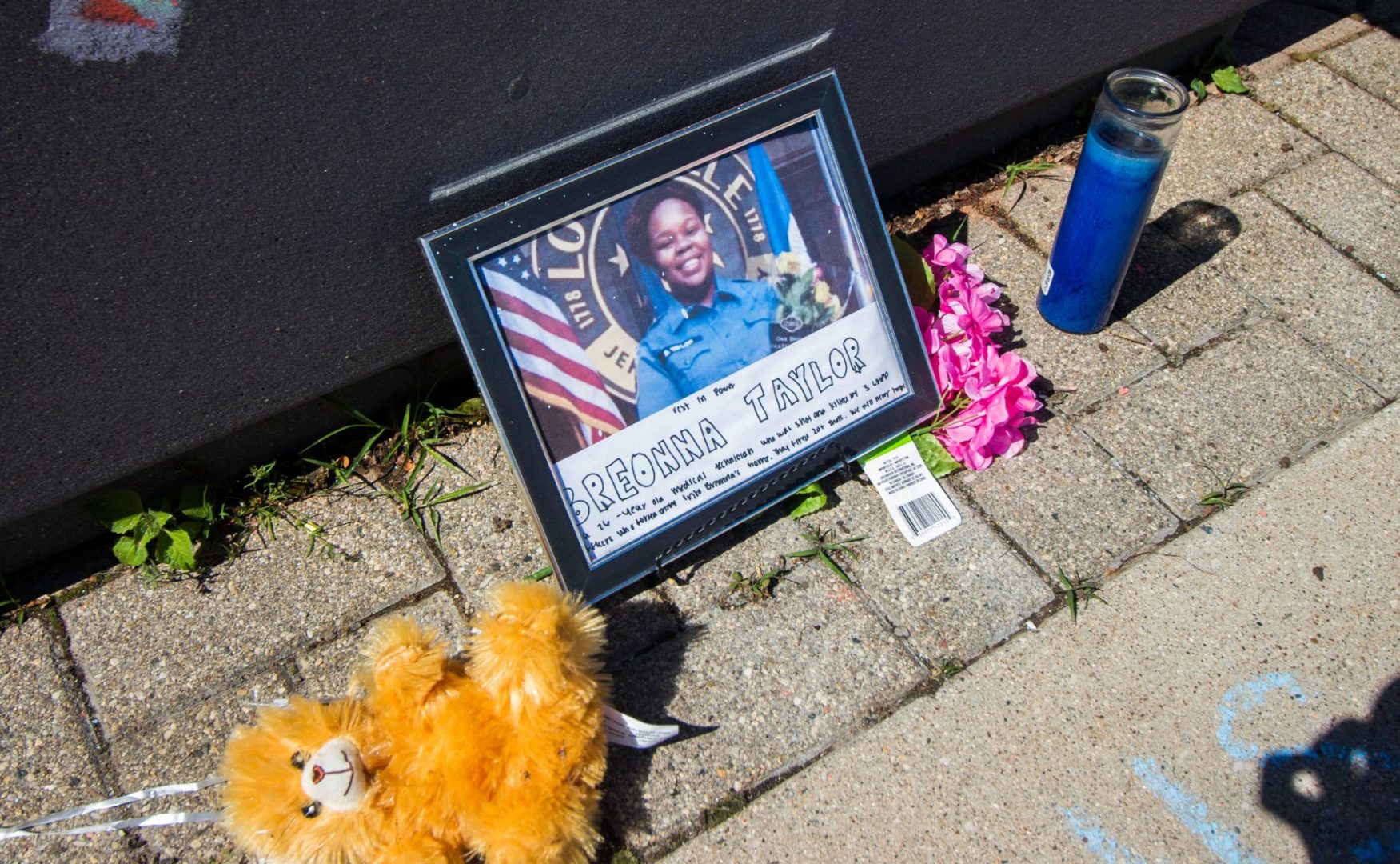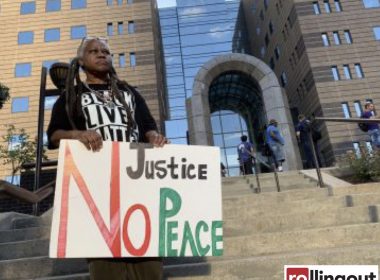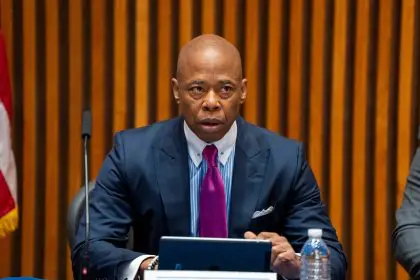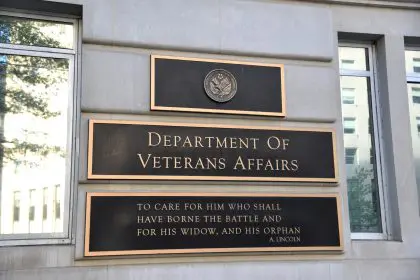Nearly four years after Breonna Taylor‘s death sparked nationwide calls for change, the Department of Justice and Louisville officials have reached a watershed agreement to transform the city’s police department. This development, announced on Dec. 12, marks a pivotal moment in the ongoing journey toward meaningful law enforcement reform, addressing the systemic issues that led to Taylor’s tragic death and subsequent protests.
A history of challenges meets opportunity for change
Federal investigators uncovered concerning patterns within the Louisville police department, documenting constitutional rights violations that disproportionately affected the city’s Black residents. According to Black Enterprise, these findings catalyzed urgent discussions about necessary changes in policing practices and community relations.
The investigation revealed troubling practices, including excessive force incidents, questionable warrant executions and inappropriate responses to peaceful protesters. These revelations clearly show why reform isn’t just desired; it’s essential for the community’s future.
Building blocks of transformation
Louisville has already implemented several crucial changes since 2020, notably eliminating “no-knock” warrants — a practice that played a devastating role in the recent tragedy. However, the new agreement goes further, establishing comprehensive guidelines for constitutional policing and community engagement.
The reforms focus on several key areas:
- Implementing stronger accountability measures for officer conduct
- Developing improved training protocols for community interaction
- Creating transparent processes for handling complaints
- Establishing clear guidelines for use of force
- Building stronger bonds between law enforcement and residents
Under new leadership, the police department has committed to more than surface-level changes. Chief Paul Humphrey’s appointment signals a fresh perspective in departmental leadership, with an emphasis on measurable improvements in police conduct and community trust.
From paper to practice: Making reform real
While previous reform attempts have sometimes fallen short, this agreement includes crucial oversight mechanisms. An independent monitor will track progress and ensure accountability, making it harder for promised changes to remain unfulfilled.
The Justice Department’s involvement adds another layer of accountability. Assistant Attorney General Kirsten Clarke’s office will maintain oversight of the reform process, ensuring that changes align with constitutional requirements and community needs.
The agreement acknowledges that true reform requires more than policy changes — it demands a cultural shift within the department. This includes rethinking approaches to community engagement, officer training, and departmental accountability.
Looking ahead
Attorney General Merrick Garland’s office has emphasized that these reforms represent more than temporary fixes. The agreement aims to create lasting institutional change that will reshape how law enforcement serves and protects all Louisville residents.
Community involvement remains crucial to the reform’s success. Local leaders and residents will play vital roles in ensuring the agreement’s promises translate into meaningful action. Their continued engagement and feedback will help shape the implementation of these reforms.
The path ahead requires patience and persistence. While some changes will be immediately visible, others will take time to implement fully. The success of this reform effort will ultimately be measured not just by policy changes, but by improved relationships between law enforcement and the communities they serve.
This agreement represents more than just administrative change — it’s an opportunity to redefine public safety in Louisville. As the city moves forward, the focus remains on creating a police department that truly serves and protects all residents while respecting their rights and dignity.
The transformation of Louisville’s police department stands as a potential model for other cities grappling with similar challenges. As this new chapter unfolds, the eyes of the nation will be watching to see how these promised reforms translate into real-world changes for Louisville’s communities.

















